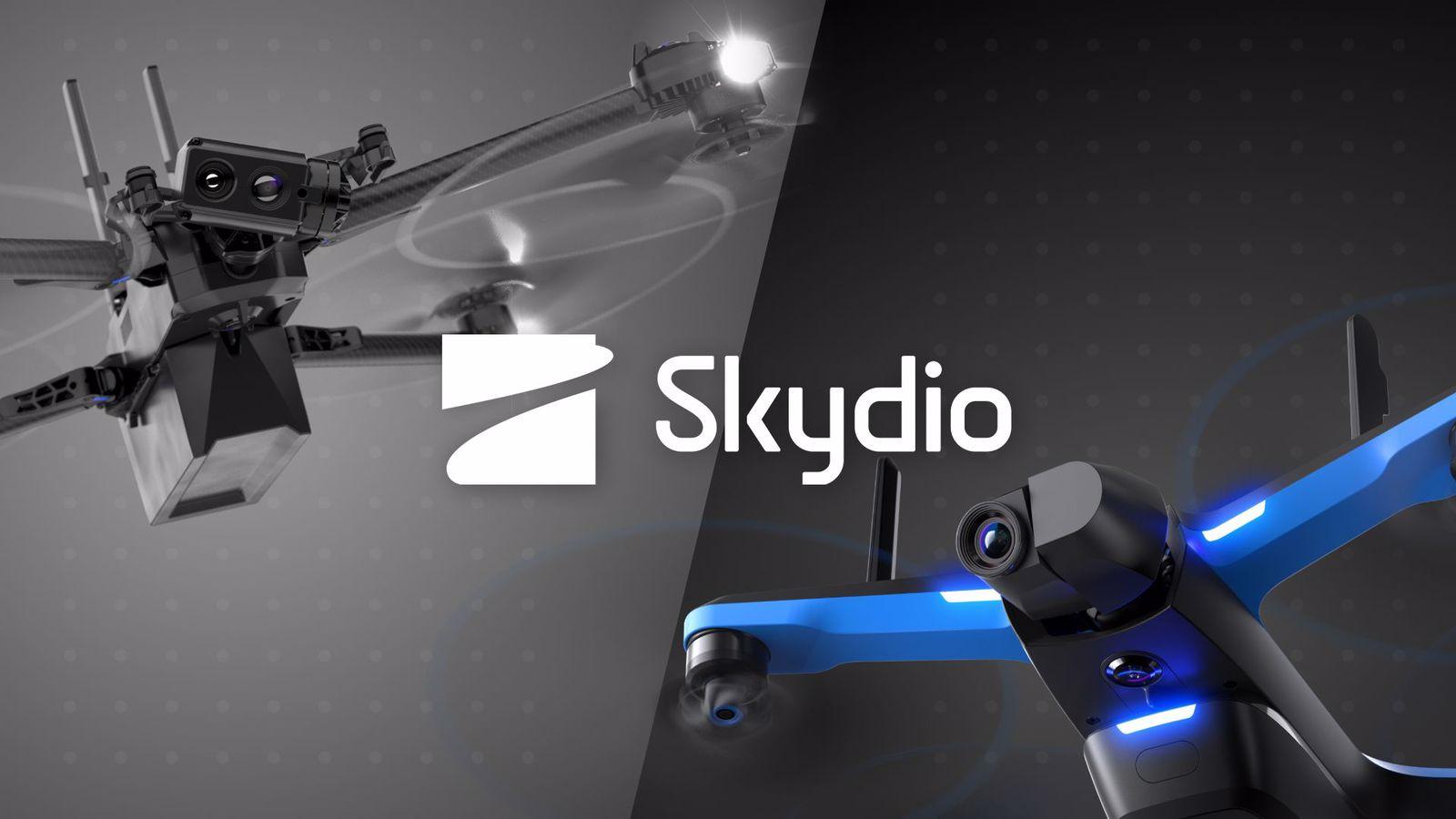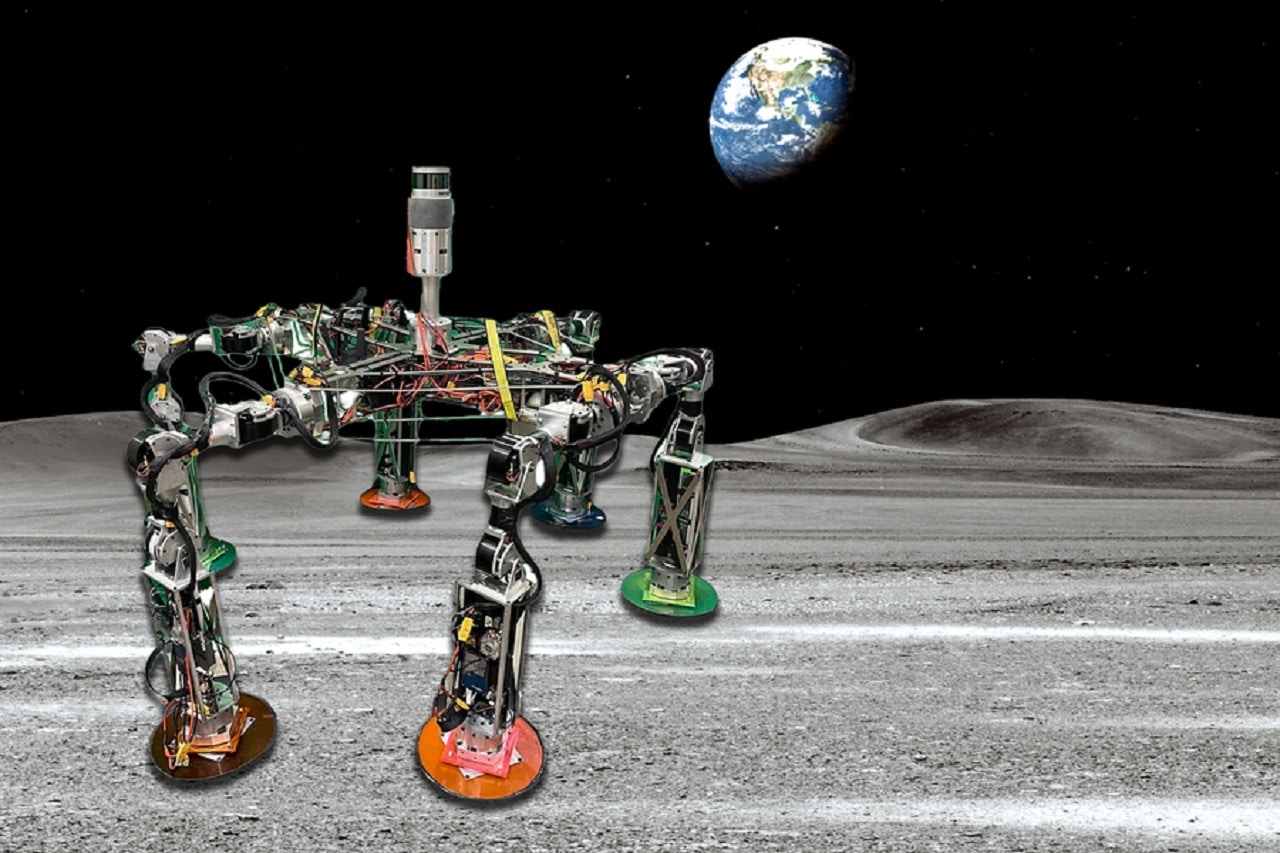In a significant breakthrough for robotic automation in healthcare settings, the hospital robot worker Moxi has achieved a remarkable milestone of completing over 110,000 autonomous elevator rides across U.S. medical facilities. This achievement, announced by Texas-based Diligent Robotics, marks a pivotal moment in the integration of autonomous robots into complex healthcare environments.
The single-armed mobile robot, designed specifically for hospital operations, has revolutionized routine logistics in healthcare settings by independently navigating elevators, opening doors, and conducting supply deliveries around the clock. Operating across 20 different healthcare facilities with a fleet of 100 robots, Moxi has demonstrated unprecedented capabilities in handling complex tasks that were previously considered challenging for autonomous systems.
"The success of Moxi represents a fundamental shift in how we approach healthcare automation," says Dr. Andrea Thomaz, CEO of Diligent Robotics and a veteran AI researcher. "What makes this achievement particularly noteworthy is that we're not just talking about theoretical capabilities – we're seeing real-world implementation with over 20,000 autonomous elevator rides being completed monthly in active hospital environments."
The robot worker's journey to full autonomy followed a carefully orchestrated development path. Initially deployed under direct human supervision, Moxi gradually evolved through a data-driven approach similar to Tesla's autonomous vehicle development strategy. This methodical progression allowed the robot to learn and adapt to the unique challenges of hospital environments, from managing secure floors requiring badge access to navigating busy elevator bays filled with medical staff and patients.
One of the most impressive aspects of Moxi's capabilities is its sophisticated handling of various elevator systems. The robot has mastered everything from simple button pressing to complex security protocols requiring badge swipes – tasks that demand precise manipulation and timing. This mastery of elevator operation serves as a foundation for developing broader automation capabilities in healthcare settings.
The robot's success extends beyond mere technical achievement. In practical terms, Moxi has become an integral part of hospital operations, handling essential tasks such as delivering medical supplies and transporting laboratory specimens. This automation of routine logistics has allowed healthcare professionals to focus more on direct patient care, addressing a critical need in an industry facing persistent staffing challenges.
Moxi's integration into hospital environments has also helped normalize the presence of robots in healthcare settings. The robot includes features designed for social interaction, such as a screen interface that can communicate with nearby staff and patients. When faced with obstacles or requiring assistance, Moxi can actively request help through its display screen, demonstrating a level of human-robot interaction that was previously confined to science fiction.
The impact of this robotic system extends beyond immediate operational benefits. Hospitals utilizing Moxi have reported improved efficiency in their logistics operations, with the robot working continuously to ensure timely delivery of supplies and specimens. The system's ability to adapt to different traffic patterns – selecting optimal routes and elevator bays based on time of day – showcases an impressive level of operational intelligence.
Looking ahead, Diligent Robotics sees this milestone as just the beginning. The company is leveraging its experience with Moxi to develop more advanced capabilities and applications for robotic workers in healthcare and potentially other sectors. The success in managing complex hospital environments provides valuable insights for the future development of service robots capable of operating in various unstructured environments.
This achievement comes at a crucial time when healthcare facilities worldwide are seeking innovative solutions to address staffing shortages and operational inefficiencies. Moxi's successful deployment demonstrates that robot workers can effectively supplement human healthcare workers, handling routine tasks while allowing medical professionals to focus on specialized care that requires human expertise and empathy.
As the healthcare industry continues to evolve, Moxi's milestone represents more than just a technological achievement – it signals a new era in human-robot collaboration in critical care environments. With aging populations and increasing demands on healthcare systems globally, such innovations in robotic automation may prove essential in maintaining and improving the quality of healthcare delivery.


















